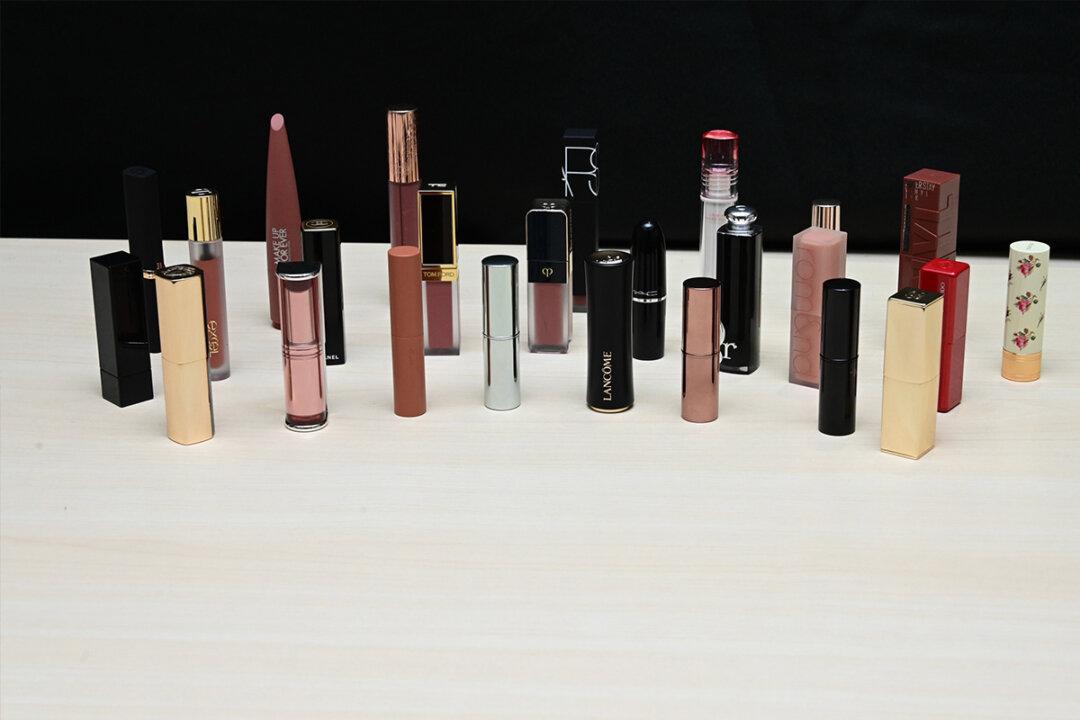The Hong Kong Consumer Council (HKCC) recently evaluated 30 lipstick brands, lip tints, or liquid lipsticks from world-renowned brands and found that more than half of them contained heavy metals with potential allergenic risks, and seven models were found to contain fragrance allergens.
Moreover, 24 samples were detected with mineral oil-saturated hydrocarbon (MOSH) mixtures and their analogous that could accumulate in the human body.




